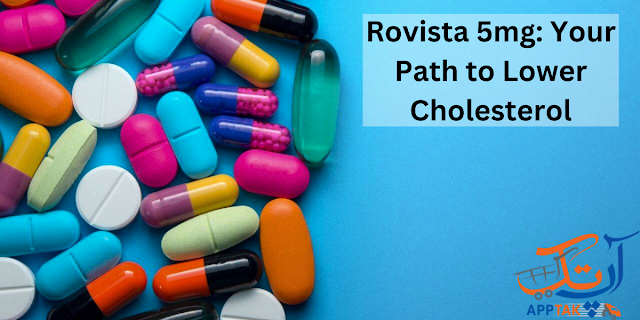Tips To Deal With Reflux Disease
Reflux disease is a condition where acidic stomach contents, undigested food, drinks or certain medications get into the lower esophagus. It may cause heartburn, chest pain, and difficulty swallowing. The symptoms usually occur after eating or drinking something that makes your stomach produce too much acid. You can prevent and manage reflux by doing some simple things at home and using Risek.
No late-night eating
- Eat small meals at least two hours before bed.
- Avoid anything
that triggers reflux, such as spicy foods or fatty foods.
- Eat slowly and
chew your food well (not necessarily until it's mush).
Chew your food slowly.
- Chew your food
slowly.
- Don't try to
swallow a mouthful of food at once. It will only make you feel queasy and
probably won't work as well in helping to keep the acid reflux down.
- Take smaller
bites and chew them until they're practically liquefied before swallowing
them down. This may take some practice, but it will be worth your effort!
Skip the mint.
Mint is a common food that's often
recommended as a remedy for reflux disease because it has anti-spasmodic
properties. But there's another reason to avoid mint: It can actually trigger
reflux and make symptoms worse!
Mint contains chemicals called eugenol and menthol, which are known to cause an increase in stomach acid levels (reflux). In fact, when you eat or drink something with mint in it—like an ice cream cone or chocolate bar—your body releases more acid into your digestive tract than usual. This means that if you're already prone to heartburn or other GI issues like GERD/Gerd-like symptoms like burping after eating something spicy on top of everything else going on down there...then chances are good that even one bite of ice cream will cause those problems too!
Eat more green veggies.
- Eat more green
veggies.
- Green leafy
vegetables like lettuce and spinach are high in folate, vitamin A, C and
K. They’re also low in calories (just three ounces of broccoli is just 107
calories!). And they're packed with fiber—what's more, you don't need much
of it to reap its benefits! Plus the vitamin content of green leafy
veggies will help keep your body running smoothly by helping improve
digestion and immunity.
- Try adding
some chopped tomatoes or cucumber slices to your salads at lunchtime; both
fruits provide beta-carotene which boosts immune system function.
Put down the straw.
If you're drinking a smoothie or
other sugary drink, put down the straw. Straws are notorious for causing reflux
to be worse by keeping pressure against your stomach wall in place, which can
cause more acid to come up into your throat and then back down again. Instead
of using a straw, hold it upright in your mouth so that liquid comes out at an
angle instead of straight down into your mouth (this is called "head
tilt").
Smaller meals, bigger taste.
- Smaller meals.
- More food, but
in smaller portions.
- Food that's
easier to eat without having to chew or swallow much at all (like a
spoonful of ice cream).
- Food that you
can enjoy with your family and friends around the table—as opposed to
eating alone in front of the television or computer screen, can make
reflux worse because it increases pressure on the esophagus and increases
acid production in the body.
Be careful with caffeine and dairy
- Avoid caffeine
and dairy products.
- Don't drink
coffee, chocolate, and carbonated drinks.
- If you are
lactose intolerant, avoid milk products like cheese and yogurt (unless
they're made with coconut milk).
These are some easy tips to
help you deal with reflux disease.
- No late-night
eating. If you're struggling with reflux, try to avoid eating after 7 pm
and before 6 am. That way, your body has more time to digest food before
it's released into the esophagus and stomach.
- Chew your food
slowly. This can help prevent acid from burning the back of your throat
and getting stuck in there, which may cause pain or difficulty swallowing
normally later on down the line! You can buy medicinal stuff and essential
items by considering online shopping app in
Pakistan.
- Skip the
mints—they may taste good but they're not helping anything! You should
also avoid drinking anything that contains caffeine such as tea or coffee
during meals if possible (or at least try not to drink them too close
together). Also, avoid dairy products like milk until after meals due to
their fat content being hard for many people with reflux disease who have
trouble digesting fats properly due to any underlying issues concerning
hormone regulation within their bodies."
.png)



Comments
Post a Comment